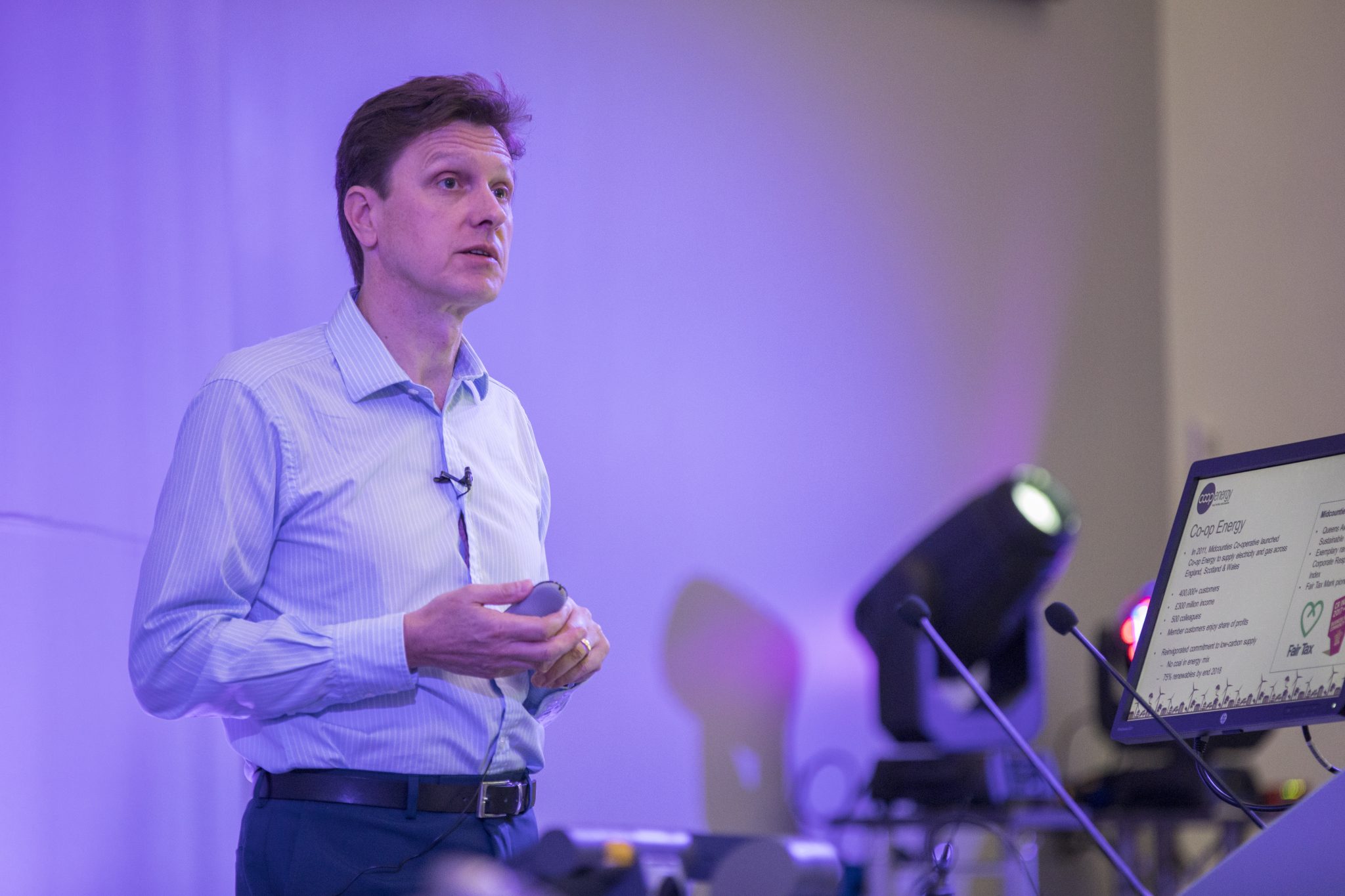Almost four fifths (79%) of Britons support the idea that the government should do more to help local communities generate their own energy, according to new research from Co-op Energy.
Nearly three quarters (71%) of people said they would support community-owned renewable energy projects, up from 67% two years ago. Just 6% said they would be unlikely to support such a scheme.
Meanwhile, almost three in five (59%) said the government should offer tax relief to communities that invested in generating its own energy, with profits staying in the area, up slightly from 57% in 2016.
Community energy projects are those where small low-carbon, renewable energy generators such as wind turbines and solar farms are owned and run locally, with the profits retained within the communities in which they’re based.
Co-op Energy supports more than 50 such schemes across the UK as part of its Community Energy Strategy, including a hydro plant being used in the pioneering and the award-winning Energy Local pilot in North Wales.
By clubbing together, around 100 households in the Welsh town were able to set up then buy the power generated by a local hydro electric generator at around half the price.
The survey was carried out to mark the start of Community Energy Fortnight, which takes places from June 23 to July 8, 2018, and is designed to raise awareness of community-owned renewable energy generation in the UK.
It found that people’s support for all renewable energy projects near their homes has also increased, with two thirds of people (66%) now likely to support a solar farm near their homes, up from 61% in 2016.
And 56% said they were likely to support a new wind turbine in their locality, up from 51% two years ago.
David Bird, CEO of Co-op Energy, which supplies only 100% renewable electricity to its 400,000 customers across the UK, said: “Community energy projects are by their nature small, localised schemes and are therefore harder to get off the ground than huge generation schemes backed by global business.

“At Co-op Energy, one of our founding principles was to support the growth of community energy, and we are doing that by supporting more than 50 different schemes across the UK through power purchase agreements.
“But consumers like the idea of locally owned low carbon electricity and want more to be done both to make it more profitable and to reward those who invest in making it a reality in their own local areas.”
Emma Bridge at Community Energy England added: “Our members, like many people across the UK, see a switch to renewable energy communities and more energy efficient lifestyles as being key to Britain’s future.
“Energy is already such a vital part of our lives and it is only likely to get bigger, as we sit on the cusp of widespread change with the increase in electric vehicles and large-scale storage schemes.
“But despite that, we as consumers have relatively little control of how it is generated and how benefits from that. Community energy is tried and tested now and proves it doesn’t need to be that way.”
Co-op Energy sponsors this year’s Community Energy Fortnight, which is the largest to date and has more than 150 events taking place across the country, celebrating energised communities who are actively engaging with the energy system.

